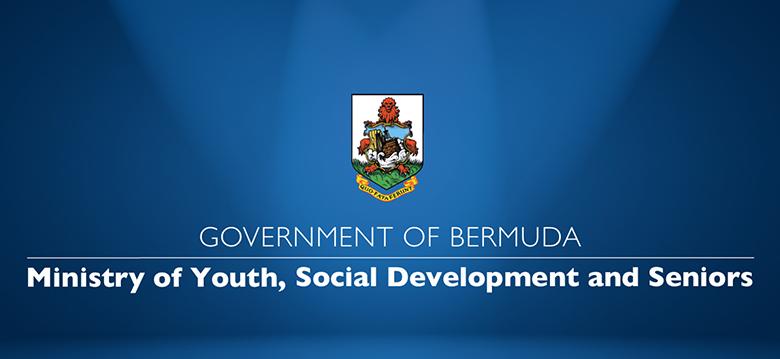
On Monday (November 24), the Gender Affairs Council (GAC) hosted its first public forum, which served as an invaluable occasion to introduce the Council’s purpose to the community.
The GAC’s mandate and focus is to address gender issues affecting women and girls, men and boys, and LGBTQ+ and gender-diverse people; and to begin an open community conversation about the social, legal and cultural realities shaping gender equity in Bermuda.
Today the Minister of Youth, Social Development and Seniors, the Hon. Tinee Furbert, JP, MP, said, “The Gender Affairs Council was established to ensure that we address legislation and policy, research and evaluation, and community engagement and education. The forum showed how important these conversations are and the value of collaborative discussions. Real progress can only be achieved when Government and the people work together.”
During Monday’s session, which took place at the Bermuda Economic Development Corporation’s training room, the Council outlined key concepts such as gender as a social construct, the distinction between sex and gender, and the importance of intersectionality.
Survey findings were shared, highlighting public concerns including gender-based violence, stereotypical gender roles, reproductive rights, sexual harassment and workplace inequality. Attendees raised the need for better engagement with different genders to discuss broader social issues such as homelessness among men, racial and income disparities and the influence of generational beliefs.
It was also highlighted that Bermuda currently faces limitations in gender-specific statistical data, underscoring the need for more comprehensive and consistent data collection in the future to better measure gender gaps. The Council emphasised that gender encompasses a broader scope and highlighted the importance of the universality of human rights, equality, dignity, privacy, as well as education and respectful dialogue across differing viewpoints.
The Council confirmed plans to hold conversations beginning in 2026 and emphasised the need for improved national data and continued partnership with community groups as they continue to build upon their work. The GAC thanks all attendees for taking the first step in this conversation.
